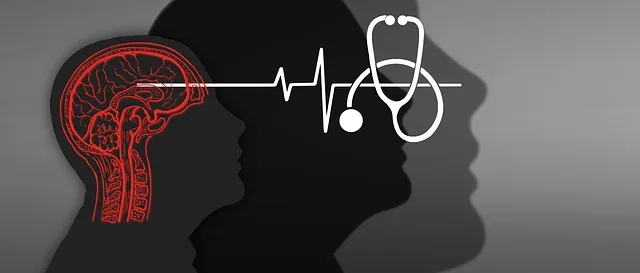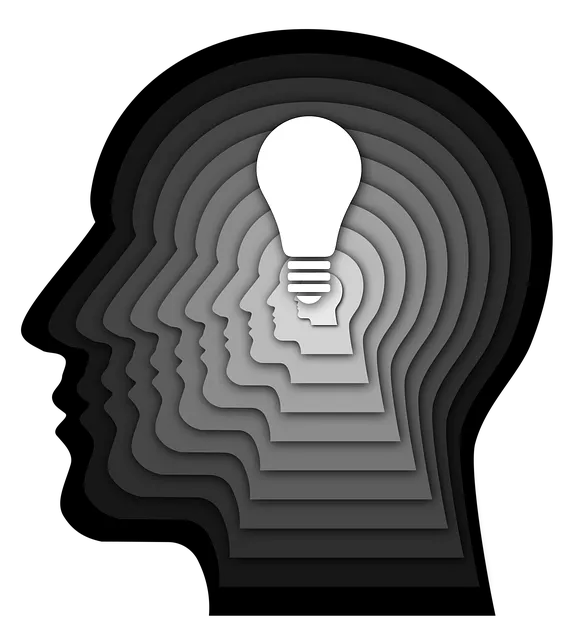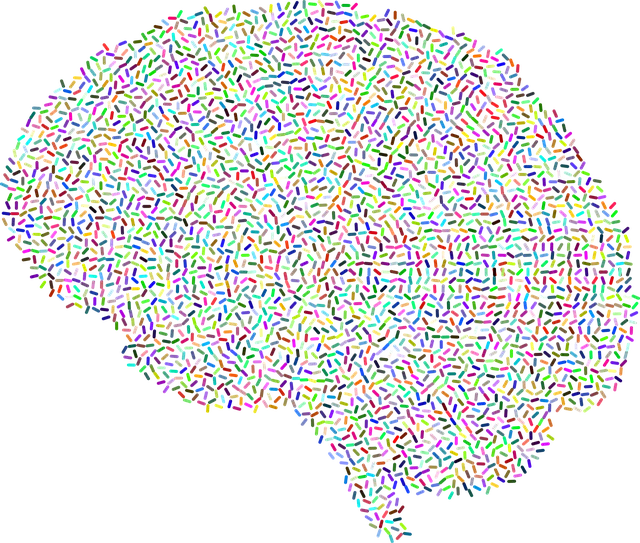The Aurora Kaiser Permanente mental health center prioritizes accessible self-assessment tools as a cornerstone of its commitment to community mental wellness. By integrating innovative technology with evidence-based practices, these tools empower individuals to proactively manage their psychological well-being. Through anonymous platforms, users can identify risk factors, learn actionable strategies for stress management and conflict resolution, and reduce mental health stigma. Regular user feedback and data analysis drive continuous refinement, ensuring the assessments remain effective and relevant, aligned with evolving individual needs in today's fast-paced world.
In today’s fast-paced world, maintaining mental wellness is paramount. Recognizing this need, Aurora Kaiser Permanente Mental Health Center has developed innovative self-assessment tools designed to empower individuals in understanding and managing their mental health proactively. This article delves into the creation of effective, user-friendly assessment tools, highlighting strategies for implementation, gathering feedback, and continuous improvement. By exploring these processes, we aim to illuminate how such initiatives can significantly enhance mental health support within healthcare settings.
- Understanding the Need for Self-Assessment Tools in Mental Health
- Designing Effective and User-Friendly Assessment Tools at Aurora Kaiser Permanente
- Implementation, Feedback, and Continuous Improvement Strategies
Understanding the Need for Self-Assessment Tools in Mental Health

In today’s fast-paced world, mental wellness is an increasingly vital aspect of overall health, as recognized by institutions like the Aurora Kaiser Permanente mental health center by owner. The need for accessible and effective self-assessment tools in mental health cannot be overstated. These tools empower individuals to take proactive measures regarding their psychological well-being. By providing a means to evaluate one’s mental state, self-assessment offers an entry point for those struggling with undiagnosed conditions or those looking to enhance their existing mental health practices.
Self-assessment plays a crucial role in early intervention and prevention strategies. It facilitates the identification of risk factors associated with mental health disorders, as highlighted by the Risk Assessment for Mental Health Professionals. Furthermore, regular self-care routine development, encouraged by these tools, can significantly contribute to better mental health outcomes. Additionally, efforts to reduce the stigma surrounding mental illness, a significant barrier to seeking help, can be supported through anonymous and accessible self-assessment platforms.
Designing Effective and User-Friendly Assessment Tools at Aurora Kaiser Permanente

At Aurora Kaiser Permanente mental health center by owner, we understand that designing effective and user-friendly self-assessment tools is paramount to supporting individuals in their mental wellness journey. Our approach leverages the latest research in psychology and user experience design to create intuitive assessments that not only accurately evaluate mental health but also empower users with actionable insights. By prioritizing simplicity and accessibility, our tools are tailored to cater to a diverse range of users, ensuring everyone can benefit from self-care routine development for better mental health.
The process involves collaborating closely with subject matter experts, including clinical psychologists and therapists, to incorporate evidence-based practices such as stress management workshops organization and conflict resolution techniques into the assessment framework. This comprehensive approach allows us to offer more than just a diagnosis; it provides users with practical strategies they can implement in their daily lives to enhance their mental well-being. Through ongoing user feedback and data analysis, we continually refine our tools, ensuring they remain effective and aligned with the evolving needs of our community.
Implementation, Feedback, and Continuous Improvement Strategies

The development of a robust mental wellness self-assessment tool is an ongoing process that requires strategic implementation and a commitment to continuous improvement, as espoused by the Aurora Kaiser Permanente mental health center by owner. Once launched, gathering feedback from users is invaluable. This data provides insights into the tool’s effectiveness and areas for enhancement, ensuring it aligns with the evolving needs of individuals seeking emotional healing processes. Incorporating user feedback allows for iterative updates, making the assessment more engaging and relevant over time.
Regularly reviewing and updating the tool is a key strategy to promote its longevity and impact. By encouraging continuous improvement, the self-assessment can adapt to new research and best practices in mental health awareness, fostering positive thinking and empowering individuals on their journey towards well-being.
The development of mental wellness self-assessment tools is a significant step towards empowering individuals to take control of their mental health. As demonstrated by Aurora Kaiser Permanente mental health center by owner, designing effective and user-friendly assessment tools can significantly enhance early detection and intervention, leading to improved patient outcomes. By implementing these tools with feedback strategies, mental health centers like Aurora can ensure continuous improvement and better serve the needs of their diverse patient population. This approach not only supports individual healing but also contributes to a broader community well-being.






